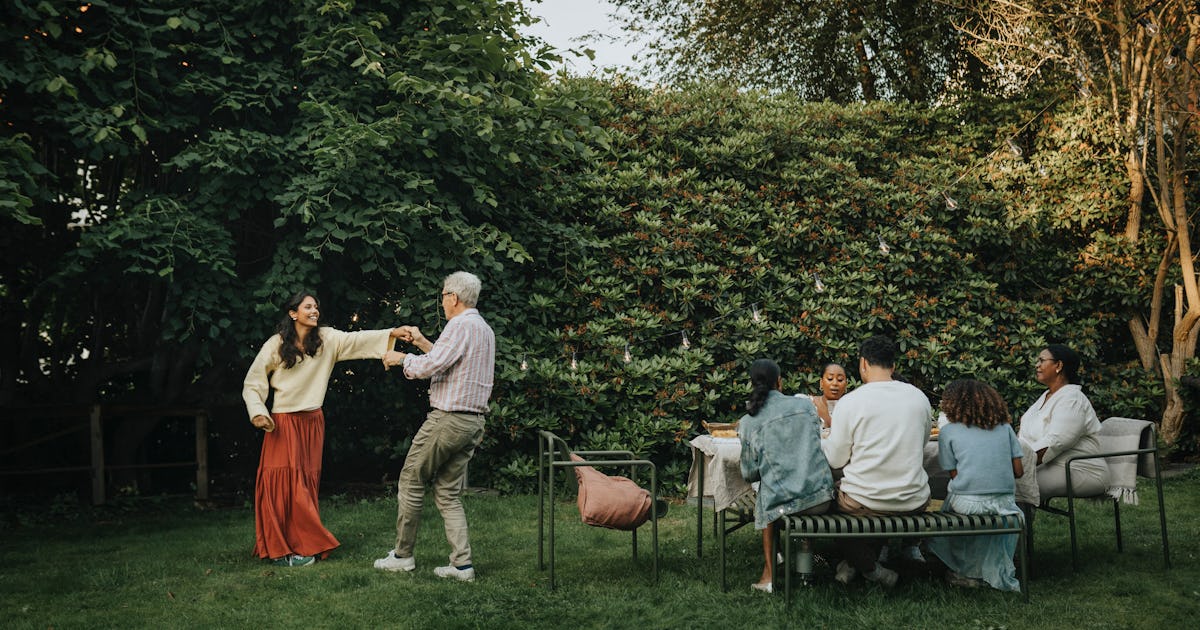
"My brothers and I grew up with my extended family: My cousins, my aunts, my uncles, my grandparents. They were all regular fixtures in our lives. Some of them lived with us on and off, bedrooms changed hands as people grew up and out, bathroom sinks crowded with toothbrushes and toiletries. Our village was one of revolving doors, of many hands making light work, of laughing in the kitchen and chairs gathered around in clusters on the front porch."
"So why didn't I want that for my own sons? They were not raised by the village. They were raised by me. Alone. Of course, they were close to my own mom. She adored them in the same way I felt adored by my family. She thought they were funny and fun. She got them, and knew what they liked."
"This was not the village. This was Disney World for me, a break in our regularly scheduled programming. A chance to lighten my load a little. The village that raised me was something else entirely. And a part of me did not want this for my sons. That part of me remembered how complicated it could be to have so many adults want a say in what you were doing."
The narrator grew up immersed in an extended-family village with cousins, aunts, uncles, and grandparents sharing living spaces, chores, and gatherings. Communal life included shared breakfasts, frequent homemade birthday cakes, and clustered front-porch conversations that fostered belonging and mutual care. The narrator chose to raise her sons primarily alone, with only intermittent, devoted help from her mother. That decision stemmed from concerns about multiple adults offering differing parenting approaches, the unpredictability of youthful caregivers, and the complicated dynamics that can leave children caught between competing adult influences.
Read at Scary Mommy
Unable to calculate read time
Collection
[
|
...
]